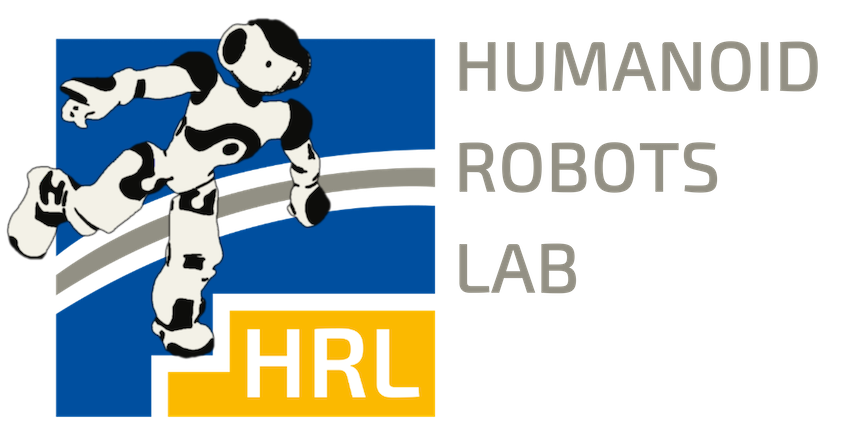Search results
33 results
Sort by:
deheuvel
Agrawal
dawood
khorshidi
Amani
Shokry
Huang
Nico Sven Ostermann-Myrau
Anticipating Human Behavior
This project focuses on creating technology for applications that predict human behavior. It covers a wide scope, including timeframes from milliseconds to hours and various levels of detail, from specific motions to general actions. The aim is to develop a comprehensive framework that doesn't isolate subproblems but integrates all aspects, allowing for accurate anticipation of human behavior, from long-term activity patterns to short-term detailed movements.
Motion Planning and Navigation in Dynamic Environments
With robots, be it mobile bases, quadrupeds, humanoids, or mobile manipulators, being deployed in unstructured and constantly changing environments, we focus on developing algorithms for online reactive motion planning and obstacle avoidance.
PRIVATAR - Privacy-friendly Mobile Avatars for Sick School Children
In order to promote the integration of acutely and chronically ill school children, the use of mobile robots as avatars at school offers a promising approach. Nevertheless, the robots, through their interactions and sensors, can endanger the different privacy dimensions of different people. PRIVATAR therefore aims to provide user-friendly solutions that allow users to better protect their privacy according to their own preferences through novel interactions. This gives them more control over their privacy, which goes far beyond the currently used consent forms.

